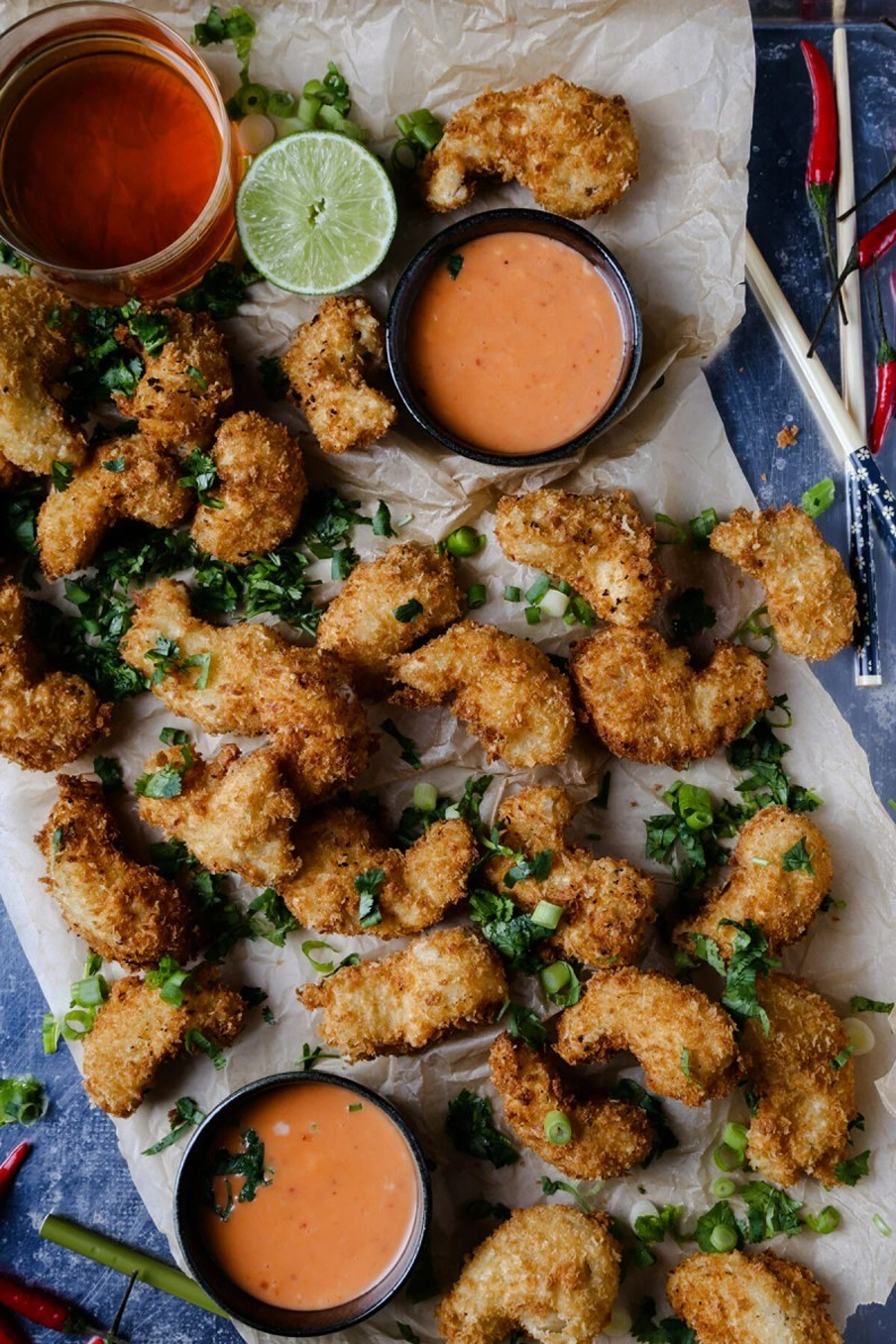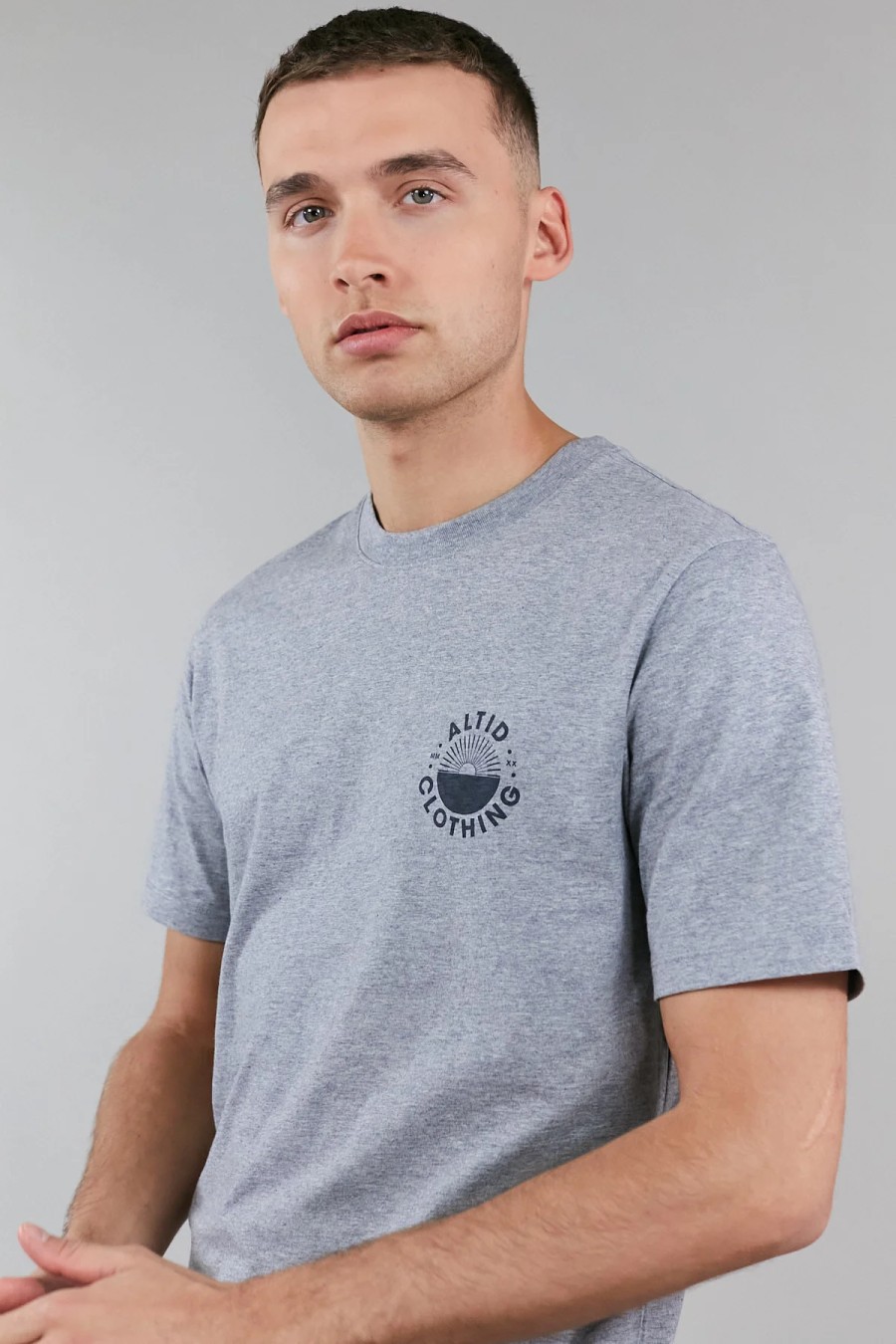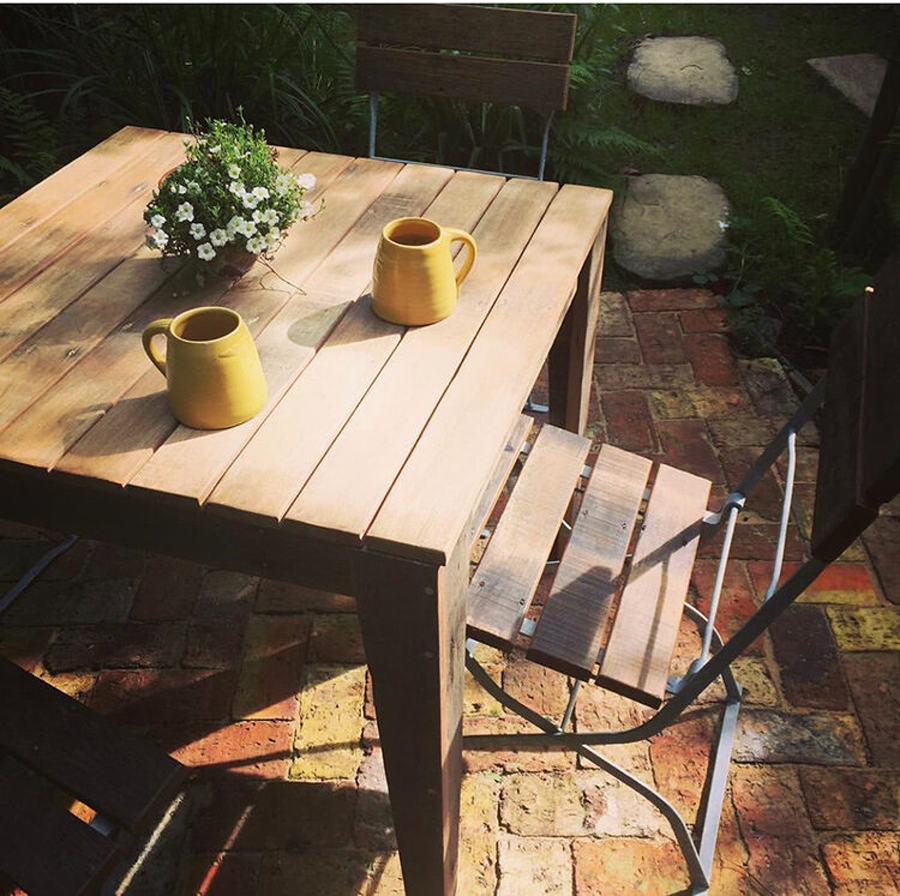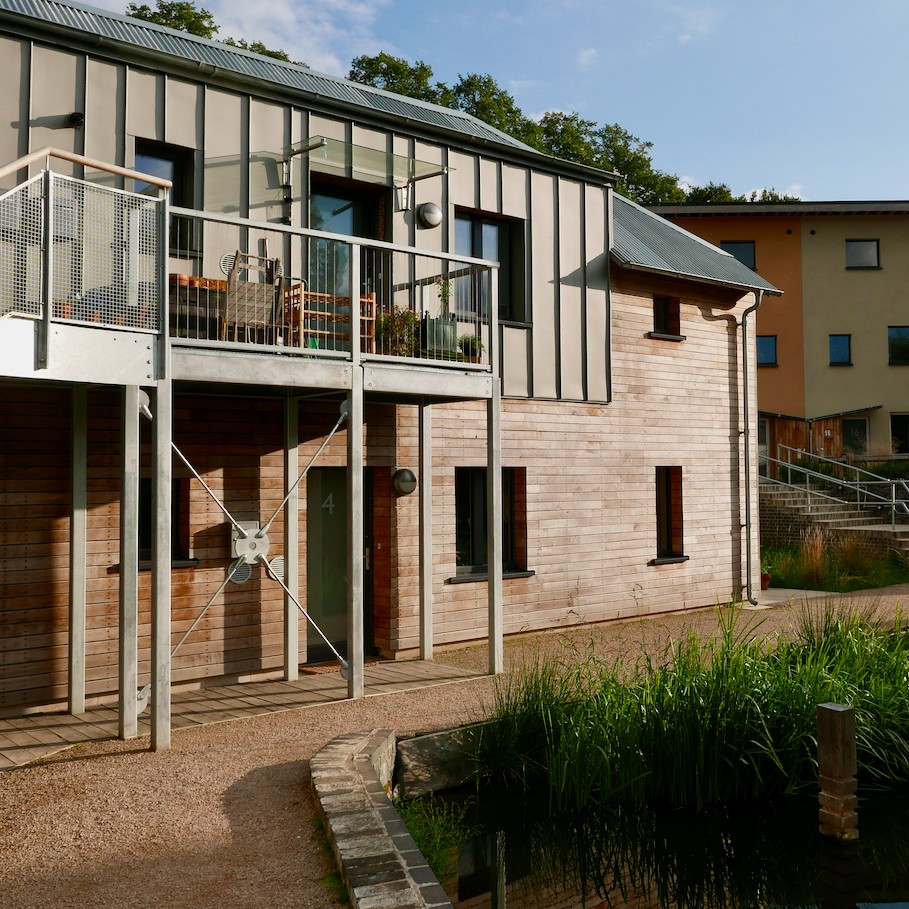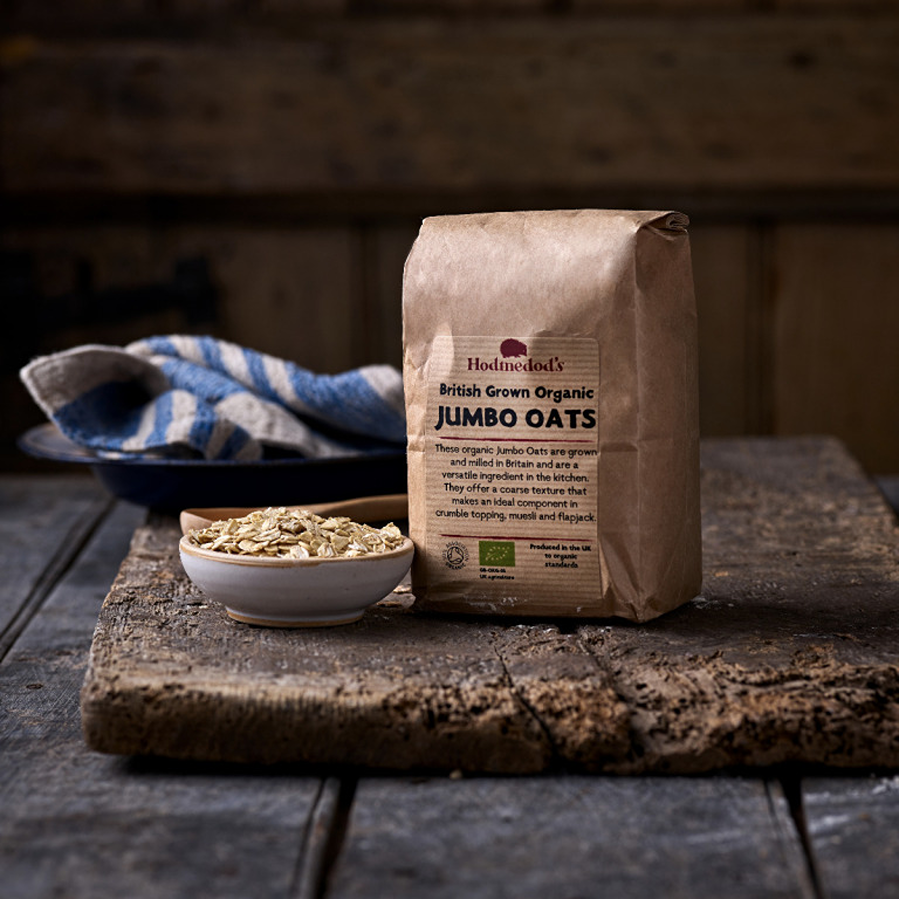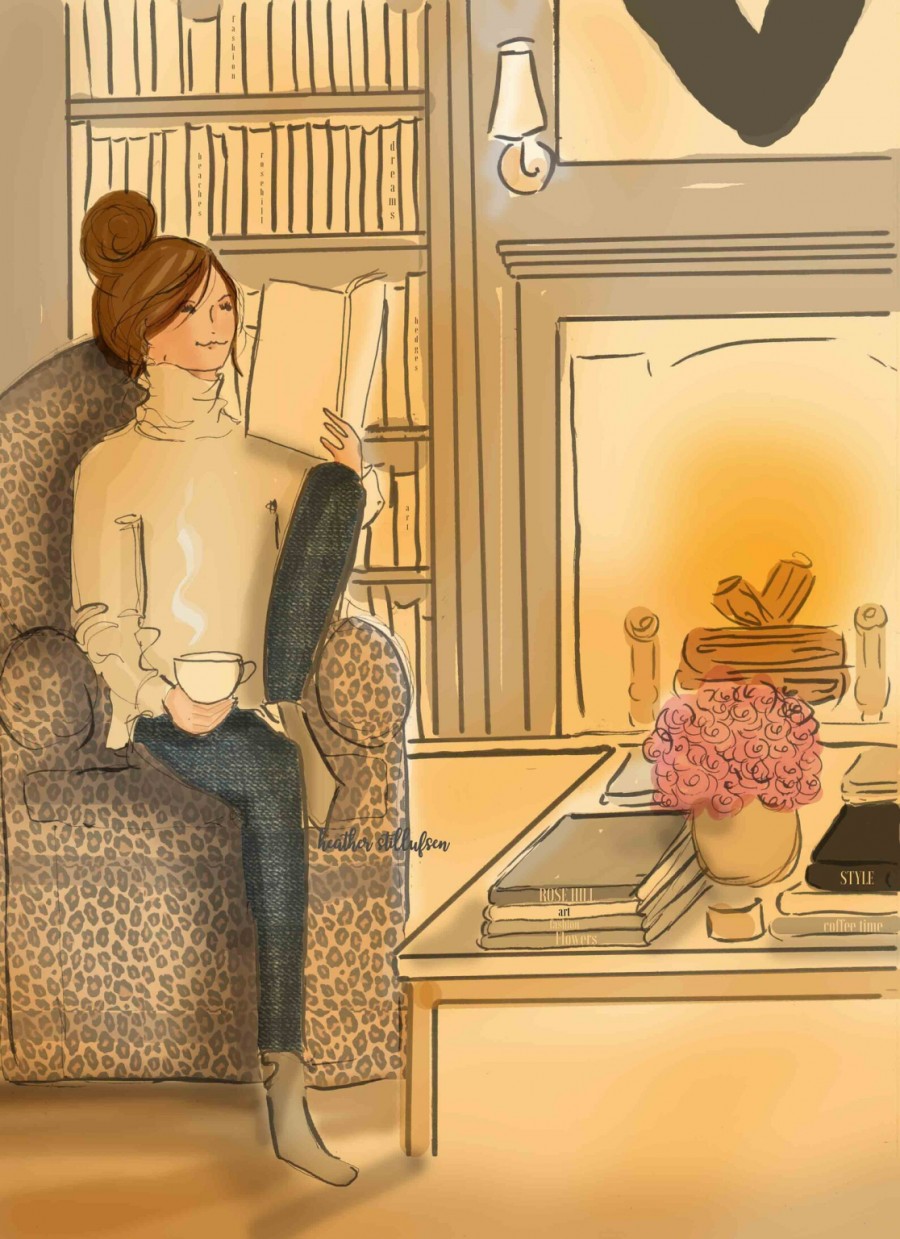
Habbio has created England’s first vegan-certified sofa, which includes many styles and colours of sofas, plus the company also makes sofa-beds and sells refurbished options, for people on a budget. Designed to change with your lifestyle, these sofas are modular, meaning you can add new parts as your family grows, without having to throw out and buy a new sofa. The company also makes sofa-beds and sells refurbished options, for people on a budget.
You can also disassemble these sofas (no tools required) if you move house, and buy extra loose covers. The sofas are delivered in a box that squeezes through doorways (and goes upstairs without you swearing!). You can even order collection of your old sofa for recycling.
Made to last (with a 15-year guarantee), these sofas are made in Derbyshire by artisans from a family with 70 years experience in making furniture. Their workers are paid at least 20% more than the living wage, with no zero hour contracts.
This company uses 90% fewer chemicals than other sofa makers, and chooses nontoxic and biodegradable alternatives where possible (tomatoes have more formaldehyde!) They use sustainably-sourced wood and fabrics made from recycled plastic bottles (if laundering, use a microplastic catcher).
Cosy Threads and Zero Boucle are water/stain repellent and should be wiped with a damp cloth only. All their fabrics are naturally stain-resistant. Usually a sponge, soap and water should fix spills, allow to dry naturally. Their nontoxic treatments comply with UK fire regulations.
tips to clean a sofa & armchairs naturally
A simple good vacuum and airing should do the trick. For stains (if you can’t wash the covers), simply mix a teaspoon each of biodegradable dishwash liquid, white vinegar, baking soda and warm water, then it will froth up. Apply to stains, leave to dry for 10 minutes, rinse and leave to dry.
coasters made from recycled newspapers
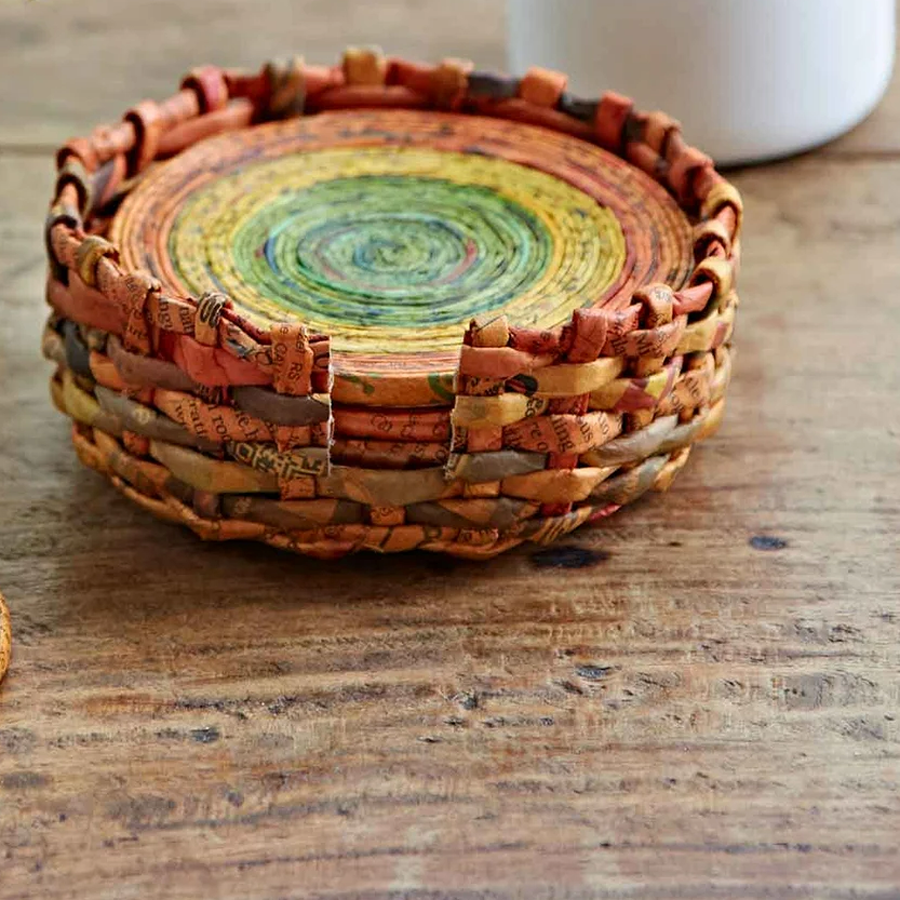
These recycled newspaper coasters are sold as a set in their own holder, made from unique recycled papers, just choose your preferred colour combination. Adds a touch of rustic elegance. Handmade by a social enterprise in Sri Lanka, these coasters help to reduce the amount of global waste, and cut down on use of unsustainable resources.
We all like to use a coaster to pop our cup of tea or coffee, to avoid making rings on the table. But many coasters sold in shops are made from plastic (oil) or glass (very energy-intensive to make). Coasters are an ideal item to make use of recycled waste (recycled plastic clothing is not good as it releases microplastics in the machine that go out to sea). But for coasters, the material is ideal.

